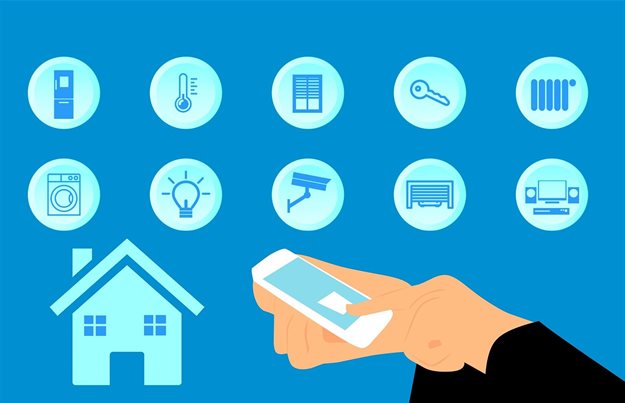The real estate industry reacted swiftly to the Covid-19 crisis by implementing numerous tech-based measures to enable them to continue servicing clients, however many of these are likely to become permanent and will require additional input for maximum efficiency, says Steve Thomas, secure estate specialist for Lew Geffen Sotheby's International Realty.

Image supplied
“Although I certainly don’t think that everything will be done online in future as few people want to be totally isolated, social distancing has directly changed the way people inhabit and interact with physical space,” says Thomas.
“And beyond the immediate challenge, the longer this crisis persists, the more likely we are to see transformative and lasting changes in behaviour and the more we need to consider what information and services need to be included in the ‘new normal’.
“In a similar way that property portals became common-place over the last decade, features like video and conference technologies will become more commonplace, especially in the research and comparison stages of a buyer’s search for both a new house and a location.”
Traditional showhouses to be far less common
Thomas believes that as people will be more reluctant to travel, even locally, they will want to exploit all the available online tools before getting into their cars or booking flights, and traditional showhouses are therefore likely be far less common.
“In this respect, agencies will need to significantly improve and enhance the property listing information as a standard offering.
“So, going forward, instead of necessarily staying with tradition and sticking (expensive) licenced signage on street corners and dressing up a home for two hours on a Sunday, we will need to perfect online viewing options, including on live media platforms like Facebook Live.
“If an agent presents the property to a ‘live’ audience, it may well be to significantly more people than would attend a showhouse, and there is still the interaction that clients would enjoy in person.
“Whilst walking around the home pointing out highlights like a fantastic view and all the fixtures and fittings, the agent has the ability to take live questions from individuals and give answers to all who are listening.”
Implementing the direct communication
There are numerous methods of implementing the direct communication, including incoming text messages similar to the currently popular Zoom platform with verbal feedback/answers and there are also a number of apps available for autocue or teleprompt for phone cameras.
Thomas believes that a 15-minute presentation would suffice and it can be recorded and repeated when necessary during the traditional 2pm to 5pm Sunday showhouse window with each new audience invited to a new event time.
“When we do reach a lower lockdown level, this is likely to remain the preliminary precursor for buyers to shortlist houses for subsequent view-by-appointments.
“So, in essence, a buyer uses the technology to limit his exposure to other people, limit travel, be selective, research more thoroughly, and engage with an expert.”
Greater diligence required from prospective buyers
Thomas cautions that this does put more of the onus on prospective buyers to be more diligent and aware of what information they will need to make home-buying decisions remotely.
“With limited or no direct physical viewing, the location and setting of a home become of prime importance to understand so prospective buyers must be able to discern proximity to roads, neighbouring properties, sources of noise, perimeter fencing, radio masts and servitudes which should be clearly shown.
He says that, as a standard offering, online information that is likely to be made available in future includes:
- Accurate, dimensioned floorplans;
- Additional photos of a more detailed nature, with closer attention to details like kitchen appliances, flooring material, borehole systems etc;
- Spec manuals;
- High-quality walk-through video footage of all areas, from the street to the corner of the backyard, including garages, storage spaces etc;
- Sectional title and estate homes should also include more information about rules and regulations, committee members’ names, levies, design guidelines and what extensions and alterations are permitted, future plans, etc.
Providing a differentiated post-crisis experience
“I think that as users increasingly adopt these digital-first products and services, their expectations will be raised, and players that provide a differentiated post-crisis experience will reap the rewards.
“Providing an on-point cutting-edge service will result in superior client loyalty and the ability to create new revenue streams while better meeting the needs of tenants, owners and all end-users.
“At the end of the process, a buyer’s single most important feeling should be one of confidence and gratification, secure in the knowledge that he/she has been reliably informed. That has always been the case, but it is even more imperative now in this new world.”














































